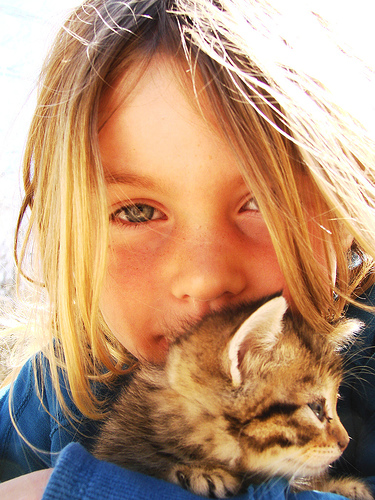20
Feb
February 20, 2013
 Have you taken any of our adoption preparation education classes yet? Yes? Then you’ve heard and are familiar with, “It’s not about you.” If you’re waiting to take classes, know that you will hear this statement spoken a number of times. What does it mean, and why is it important for you to remember?
Have you taken any of our adoption preparation education classes yet? Yes? Then you’ve heard and are familiar with, “It’s not about you.” If you’re waiting to take classes, know that you will hear this statement spoken a number of times. What does it mean, and why is it important for you to remember?This phrase embodies what we believe within MLJ: parenting is not about you; it is about your child. In becoming parents or growing your family through adoption we encourage you to consider your child’s needs—those that stem from having been adopted—when parenting. We cover these needs and provide examples and tools for parenting the child who has been adopted throughout our adoption preparation education.
Children who have been adopted typically require more of parents, due to what they have experienced in their young lives (loss of birth parents, birth country and culture of origin being key). For example, when your child asks questions about her past and probes for more you shouldn’t feel alarmed or threatened. Your child does this is to understand more about who she is, about her past. This curiosity is normal and not an indicator that your child seeks to distance herself from you, or loves her birth parents more. In other words, what your child feels and needs to explore are the emotions and curiosity related to her birth identity. This should be expected, acknowledged, and supported by you.
“It’s not about you,” also conveys that the process to adopt is focused on the child. Parents who are adopting go through much more than parents giving birth—background checks, fingerprinting, home study, adoption preparation education, etc. The timeline for the child’s arrival is flexible, often longer than a pregnancy, and dependent on many variables of the processes happening within yours and your child’s birth countries. Parents often find themselves feeling out of control, overwhelmed, frustrated, full of joy and anticipation, and anxious.
“It’s not about you,” is a reminder that your child arrives into your family with difficult truths, and the emotions and behaviors you witness and experience are not about you, or you and her. They are likely about what she feels. Your child will need you to help her find the words to label, understand and express those emotions. She will need you to be present, to actively listen and support her. She will need you to be her safe place when what she’s grappling with what scares her, angers her, makes her feel deeply saddened, or causes her to feel out of control. You see… it’s all about her.
Photo Credit: Etolane
For more information about MLJ Adoptions’ international adoption programs, please click here.
